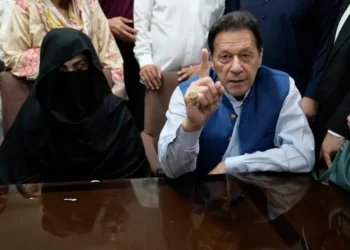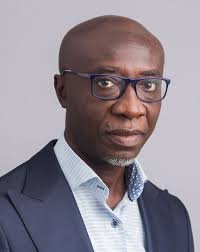- South Korea’s left-leaning governing party won a landslide in parliamentary elections on thursday
- President Moon Jae-in’s success is hinged on his strength in handling the coronavirus outbreak.
- Turnout was 66.2 percent, higher than any parliamentary elections since 1992.
Moon’s Democratic party and its allies took 180 seats in the 300-member National Assembly, while the opposition United Future Party (UFP) won 103, according to the National Election Commission. South Korea’s voting system combines direct and proportional votes.
“In line with the strict command, the people gave us we will put top priority on overcoming the national crisis of the coronavirus and economic declines,”
former Prime Minister Lee Nak-yon, who led the governing party’s campaign, said in a televised speech.
Just a few months ago scandals over power abuse and sluggish economic growth were undermining the president, with critics calling his dovish approach towards North Korea – despite Pyongyang abandoning its nuclear and ballistic missile test moratoriums – unrealistic.
How did the pandemic crisis create an advantage for a Landslide win?
But the South’s relatively quick and effective handling of the epidemic boosted Moon’s approval ratings before the elections, which were seen largely as a referendum on his performance.
His so-called “coronavirus diplomacy” – such as recent publicity on his bilateral phone calls with at least 20 state leaders regarding epidemic response – boosted Koreans’ confidence in his administration, said Minseon Ku, a politics scholar at Ohio State University in the United States.
Ku added that the leader has been successfully framing the pandemic as an “opportunity for South Korea to restructure its economy – capitalising on industries like AI and biopharma” and this “coupled with South Korea’s global recognition” for its handling of the outbreak sat well with the voters.
South Korea was among the first countries to hold a national election during the pandemic, with citizens still being asked to maintain social distancing, wear protective masks, clean their hands with sanitiser and don plastic gloves.
While the pandemic has drawn public attention away from the opposition’s criticisms, it would be “dangerous” if Moon interprets the election as “vindicating foreign policies that aren’t working”, said Leif-Eric Easley, a professor at Ewha University in Seoul.























